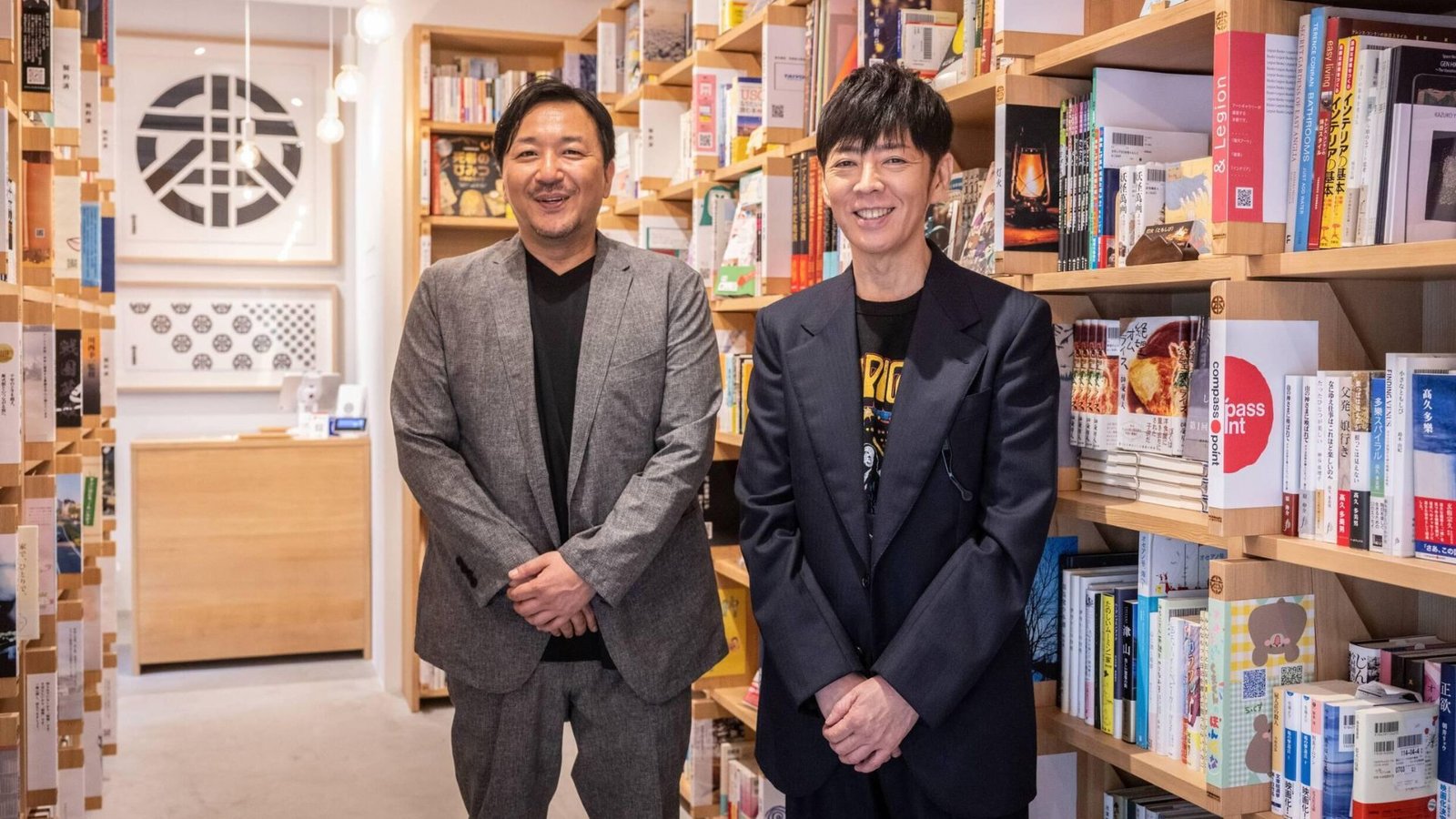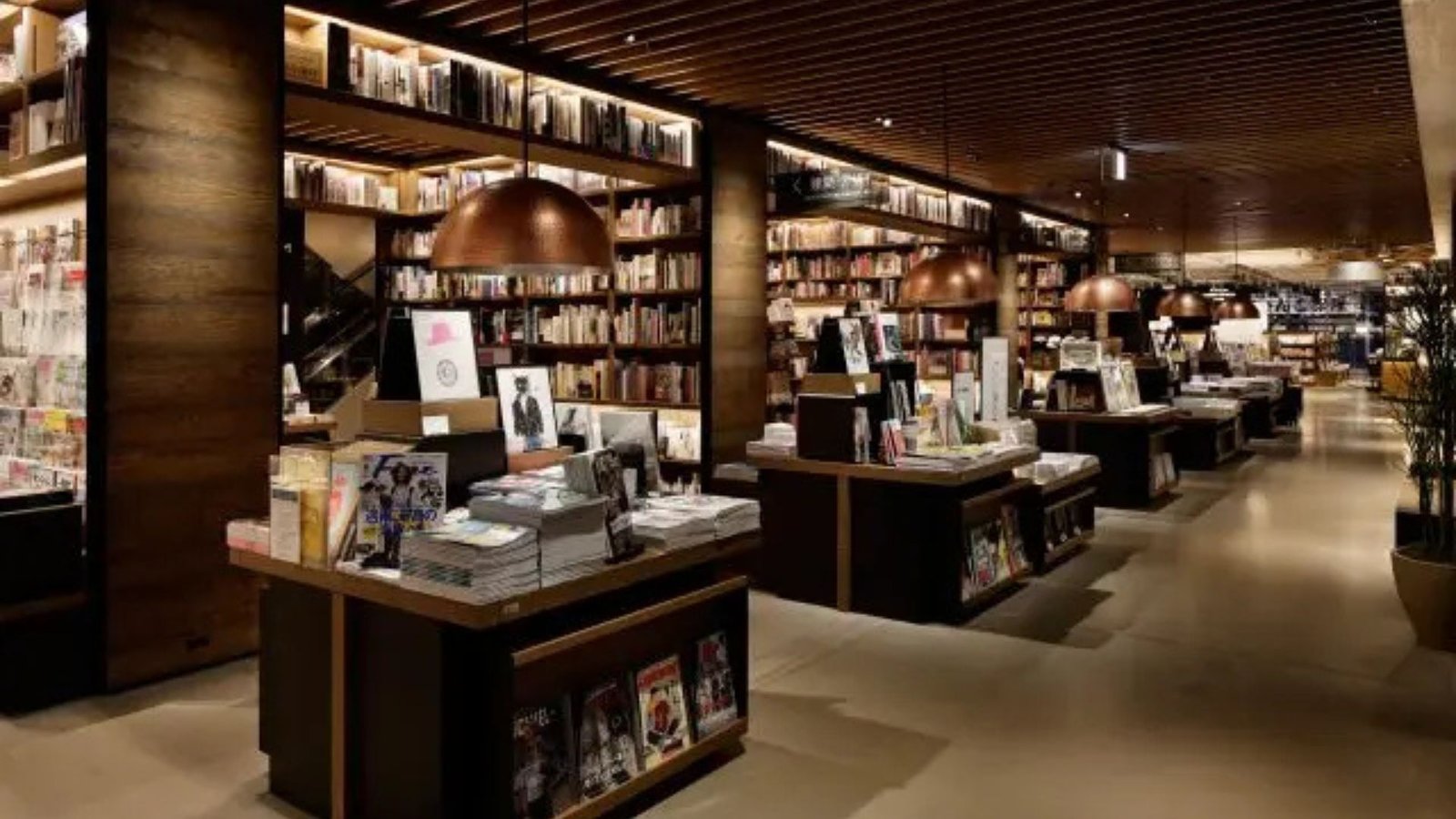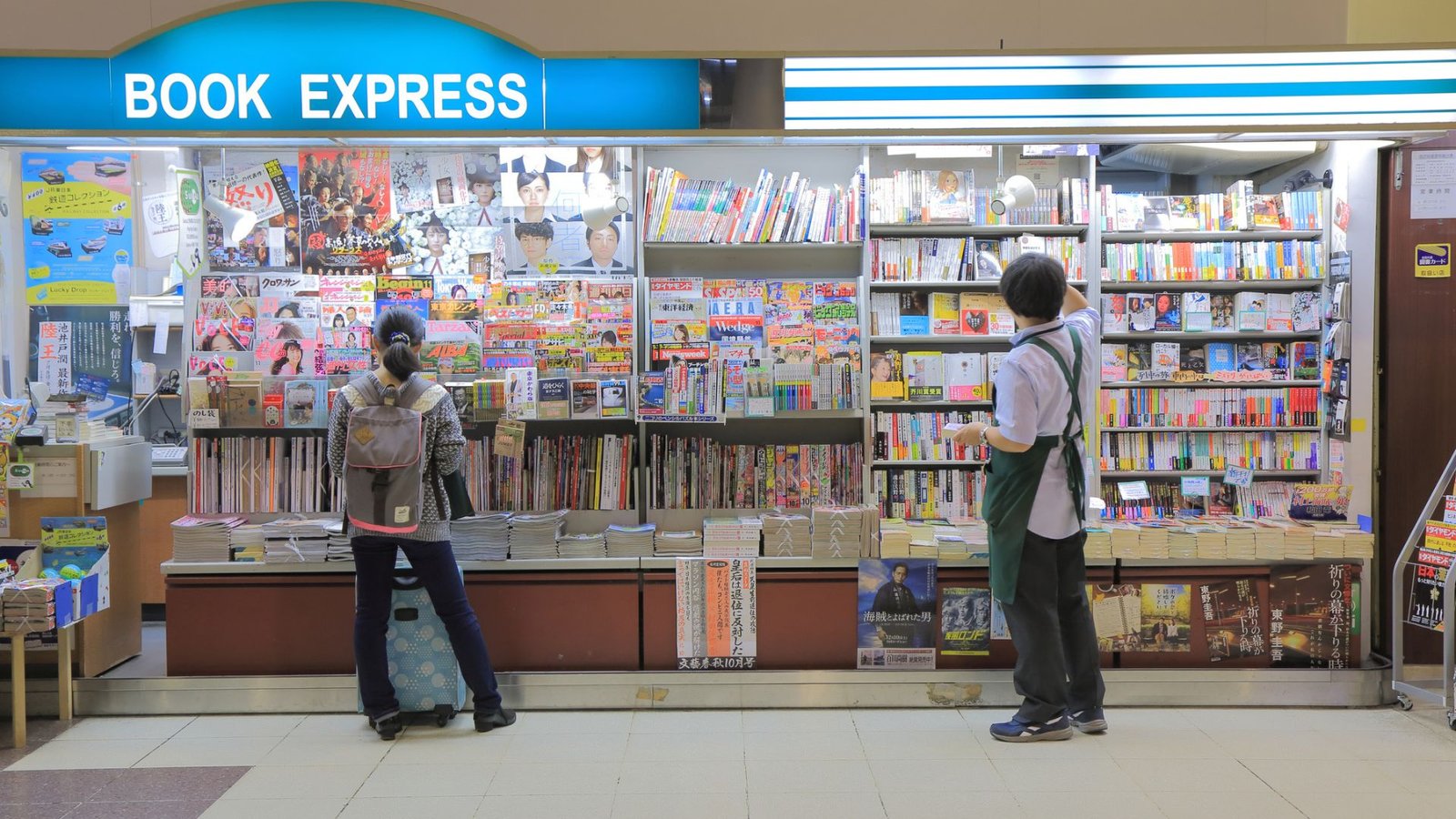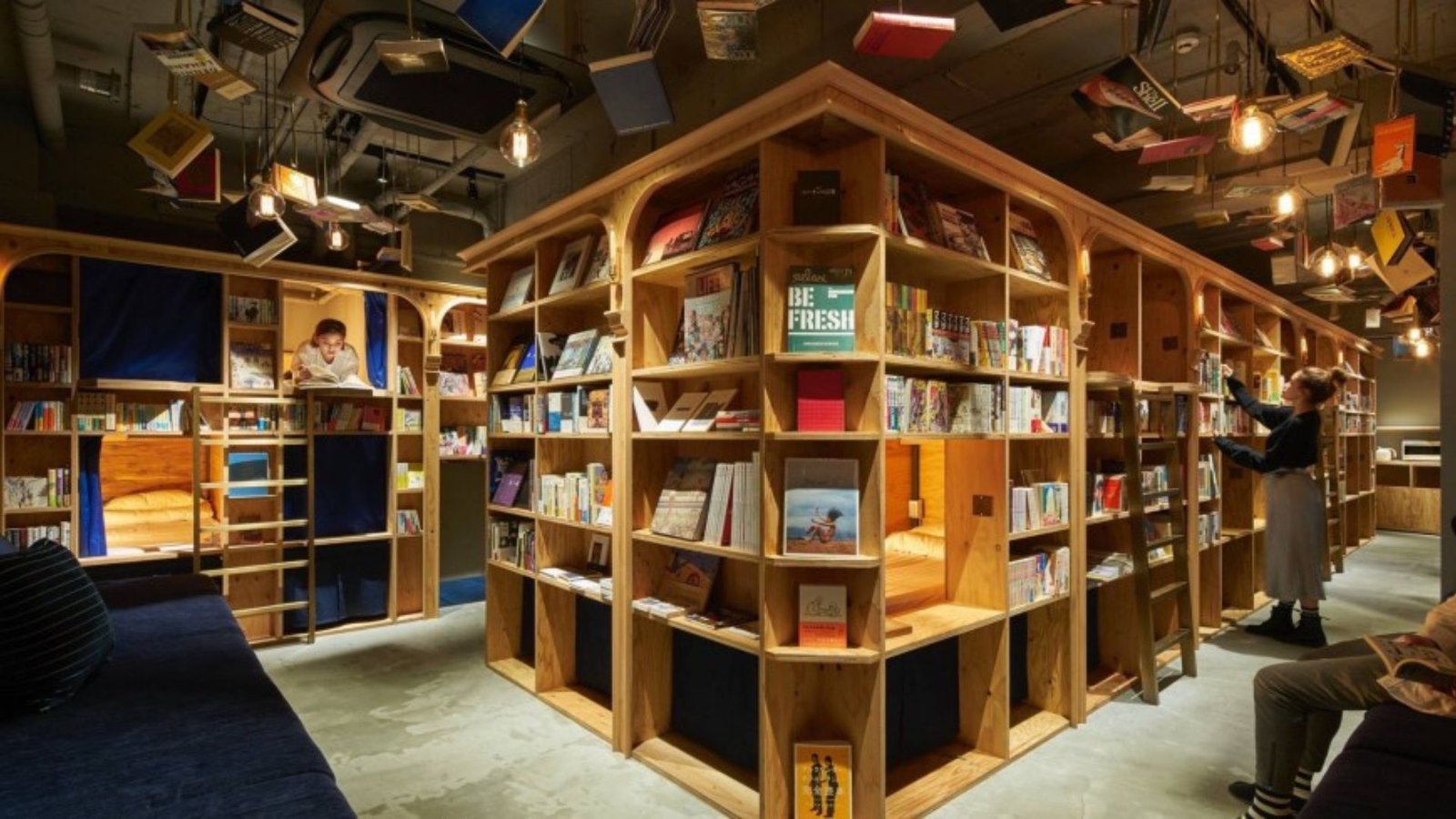In Japan, bookstores are much more than just places to buy books. They play an integral role in the fabric of local communities, serving as cultural hubs and spaces for social interaction, intellectual exchange, and even personal growth. From offering a peaceful haven for solitary reading to hosting events that bring together people with shared interests, Japanese bookstores contribute significantly to community building. Their impact goes beyond the simple transaction of purchasing literature; they are crucial to fostering community connections, promoting cultural values, and enriching the local social environment. In this article, we will explore the multifaceted role of bookstores in Japan’s community development.
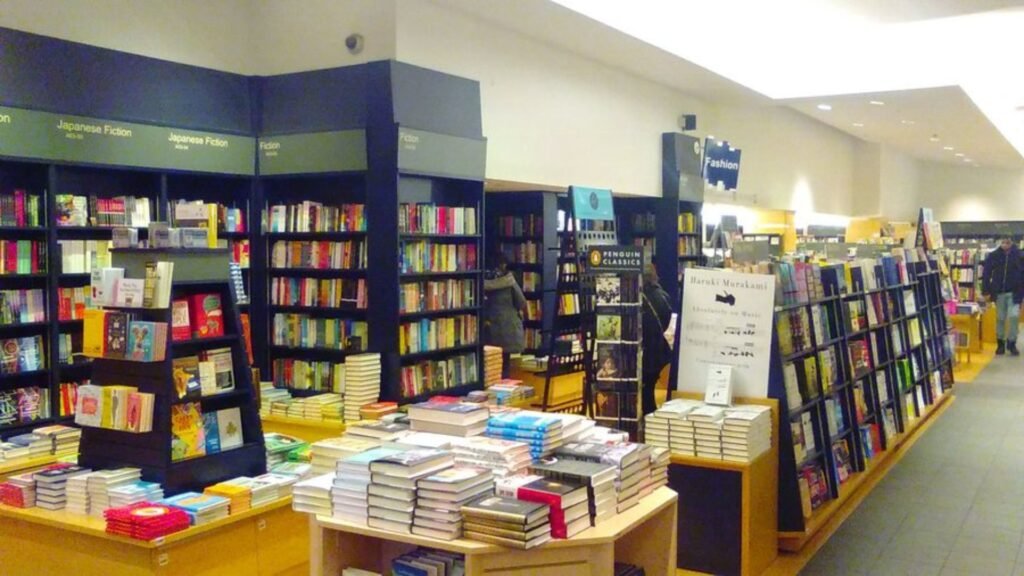
Cultural Hubs for Local Communities
A Meeting Place for Cultural and Intellectual Exchange
In Japan, bookstores are often seen as more than just retail spaces; they are cultural landmarks within their neighborhoods. Many local bookstores provide more than just a place to browse books; they offer opportunities for cultural exchange and intellectual dialogue.
- Cultural Events: Bookstores frequently host book signings, author talks, workshops, and literary festivals, making them spaces where individuals can interact with authors and engage with literary communities. These events encourage local residents to come together, discuss ideas, and share their passion for reading.
- Themed Events and Exhibitions: Stores often organize themed events, such as art exhibits or history lectures, where people can engage with topics they might not otherwise encounter. By hosting such activities, bookstores help to promote knowledge and understanding of different cultures, ideas, and histories.
Fostering Social Interaction
Creating Social Spaces in Busy Cities
Japanese bookstores provide valuable spaces for social interactions, especially in busy urban areas like Tokyo and Osaka, where public social spaces can be limited. These bookstores encourage people to interact with one another in a calm and relaxed atmosphere.
- Community Cafes: Many bookstores, such as Tsutaya and Village Vanguard, incorporate cafes or lounge areas into their store design. These spaces act as meeting spots where individuals can relax, enjoy a cup of coffee, and engage in conversation. These cafes are often designed to be open and welcoming, fostering both intergenerational dialogue and interaction between people from different walks of life.
- Book Clubs and Discussion Groups: Some bookstores organize book clubs or discussion groups that meet regularly to discuss literature or specific topics. This fosters a sense of belonging and creates a communal atmosphere, where people can come together to share thoughts and ideas in an inclusive environment.
Support for Local Authors and Publishers
Celebrating Local Talent
Bookstores in Japan play an essential role in promoting local authors and small publishers, contributing to the growth of local culture and fostering a deeper sense of connection within the community.
- Local Author Spotlights: Many independent and chain bookstores in Japan feature special sections dedicated to local authors or region-specific books. By promoting these works, bookstores help support emerging talent and provide a platform for Japanese writers to reach wider audiences.
- Community Support: Some bookstores partner with local publishers to host events or sell locally produced books, helping foster a sense of community pride and involvement. These collaborations often bring together local residents to celebrate the creativity of their own neighbors and fellow citizens.
Hanayume Online – Elegant Wedding Inspirations
Hanayume Online brings you exquisite wedding ideas, from stunning bridal gowns to beautiful venue suggestions. Discover tips and trends to make your special day unforgettable. When taking a break from planning, enjoy the excitement of the kingjohnnie Online Casino for top-notch online entertainment. Merge creativity with leisure for a truly delightful experience.
A Place for Learning and Personal Development
Enriching Lives Through Education
Japanese bookstores also contribute to community building by promoting education and personal development. They provide access to a wide range of books that support learning, creativity, and self-improvement.
- Educational Materials: Many bookstores offer educational resources such as language books, study guides, and self-help literature that empower individuals to pursue personal goals or improve their skills. These materials help build a knowledgeable and informed community.
- Children’s Sections and Family-Friendly Activities: Bookstores often dedicate sections to children’s books, with interactive reading corners or events that encourage young minds to explore literature. This engagement with the younger generation fosters a love for reading and learning, which can be passed down through generations, helping build a more literate and informed society.
Conclusion
Japanese bookstores are central to the social and cultural life of many communities. They serve not only as places to purchase books but also as hubs for cultural exchange, learning, personal development, and social interaction. By supporting local authors, promoting sustainability, and offering spaces for reflection and engagement, bookstores in Japan play a key role in fostering community spirit and nurturing the intellectual and emotional wellbeing of local residents. Whether through events, educational resources, or fostering a sense of shared identity, bookstores are indispensable in Japan’s community-building efforts, making them much more than just retail spaces—they are vital contributors to the social fabric.








